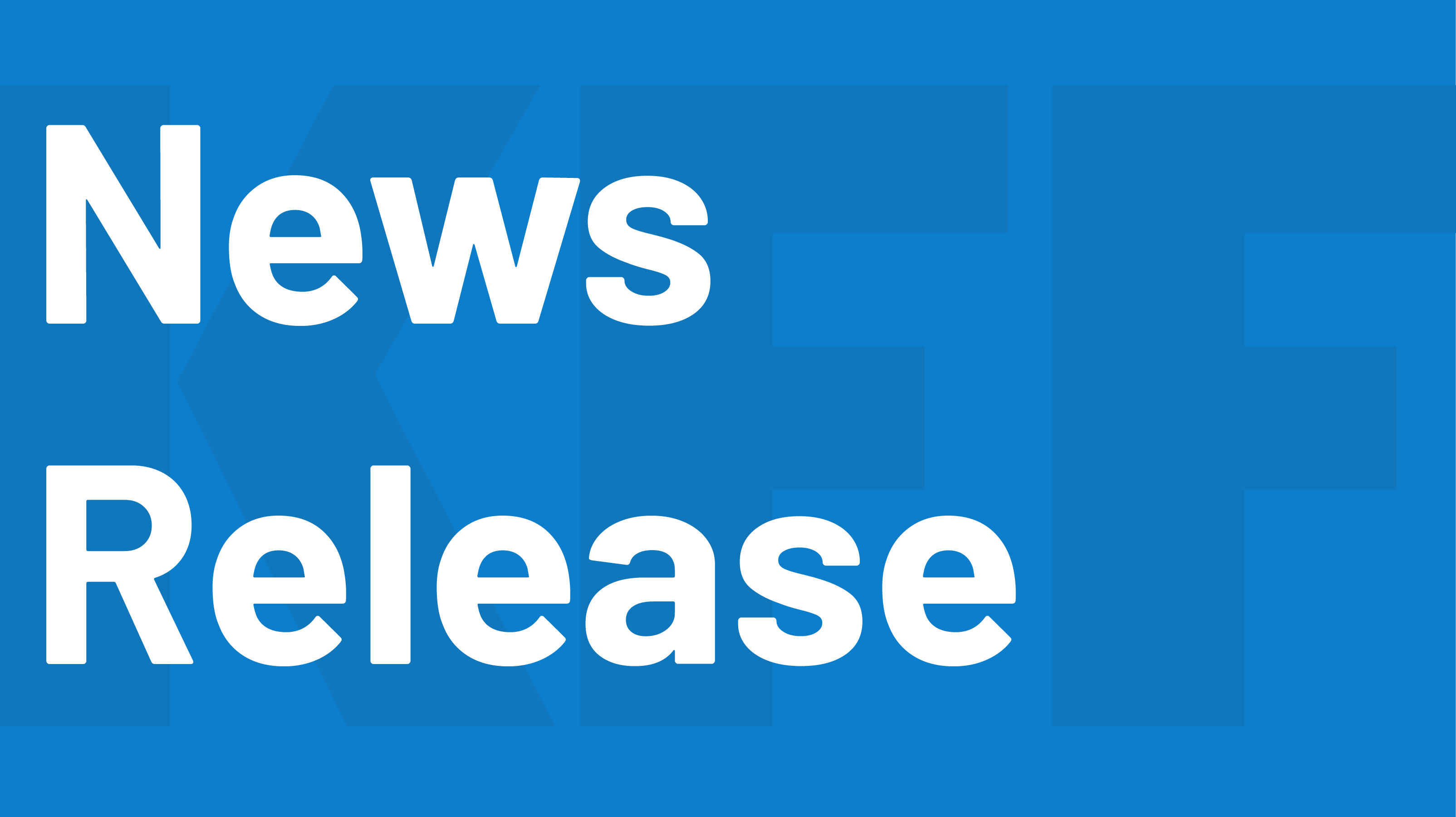A new KFF analysis examines how the coronavirus pandemic is affecting U.S. territories as well as issues related to the upcoming expiration of temporary Medicaid funding for the territories at the end of September.
Prior to the pandemic, the U.S territories –– American Samoa, the Commonwealth of the Northern Mariana Islands (CNMI), Guam, Puerto Rico, and the U.S. Virgin Islands (USVI) — faced an array of longstanding fiscal and health challenges that were exacerbated by hurricanes in recent years. These challenges have been further exacerbated by the pandemic. As of May 1, every territory, except Puerto Rico and USVI, has fully vaccinated more than 30 percent of the eligible population. American Samoa is the only U.S. territory to have no cases or deaths to date.
Differences in the structure of Medicaid financing, including a cap that limits federal spending, have contributed to broader fiscal and health systems challenges for the territories. While additional federal funds have been provided over the statutory caps, these funds are set to expire at the end of September 2021. That would result in the loss of over 80 percent of the territories’ Medicaid funding and could result in reductions in coverage, services, and provider rates, even as the territories deal with the long-term health and economic consequences of the pandemic.
For the full analysis, as well as other data and studies about the fiscal and health challenges of the territories, visit kff.org

